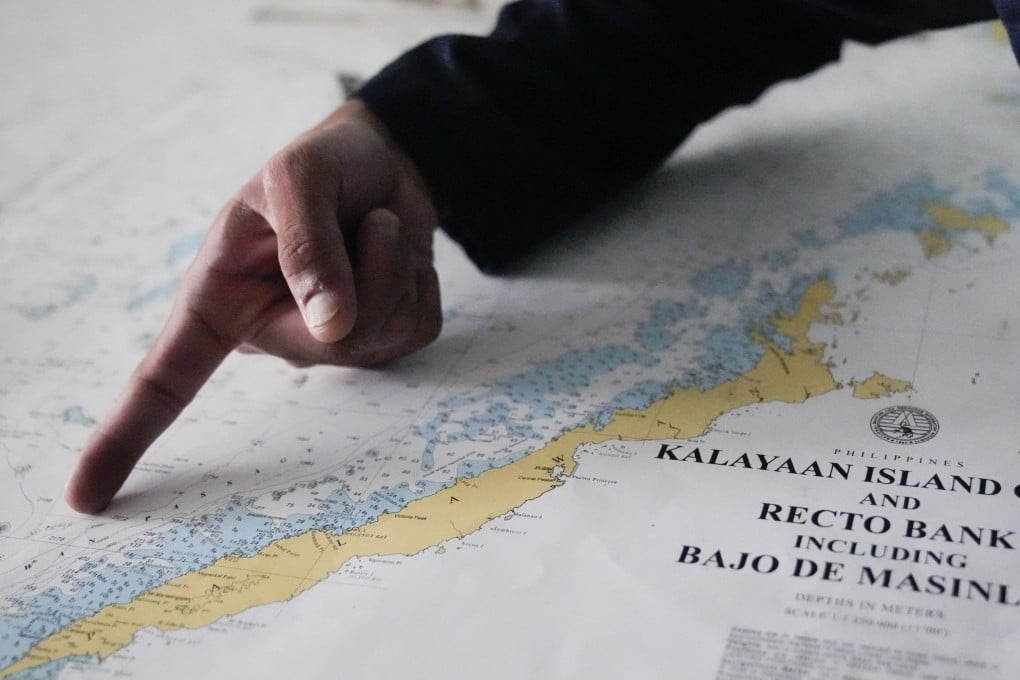Advertisement
Philippines moves to define sea routes, strengthening sovereignty against China
The Philippine Archipelagic Sea Lanes Act and Maritime Zones Act aim to bolster enforcement against unauthorised foreign vessels
Reading Time:3 minutes
Why you can trust SCMP
5

The Philippines is poised to approve a landmark law that designates specific sea and air routes for foreign vessels and aircraft within its archipelagic waters, directly challenging China’s expansive claims in the South China Sea.
Advertisement
The Philippine Archipelagic Sea Lanes (ASL) Act – and companion measure the Philippine Maritime Zones Act – were approved by Congress last month and are now just awaiting President Ferdinand Marcos Jnr’s signature, according to Senate President Francis “Chiz” Escudero.
The measures will then be submitted to the United Nations in line with the UN Convention on the Law of the Sea (Unclos), which establishes the legal framework for nations’ maritime rights and responsibilities, Escudero told This Week in Asia.
He emphasised that the final version of the sea lanes bill does not impose penalties for violations or charge foreign vessels for using the routes. Enforcement will be handled by the Philippine coastguard, a civilian agency, “so as not to stoke feelings of war” and avoid escalating tensions with China, he said.

During a public hearing in February, Foreign Secretary Enrique Manalo described how the laws would strengthen Manila’s sovereign rights.
Advertisement

Advertisement